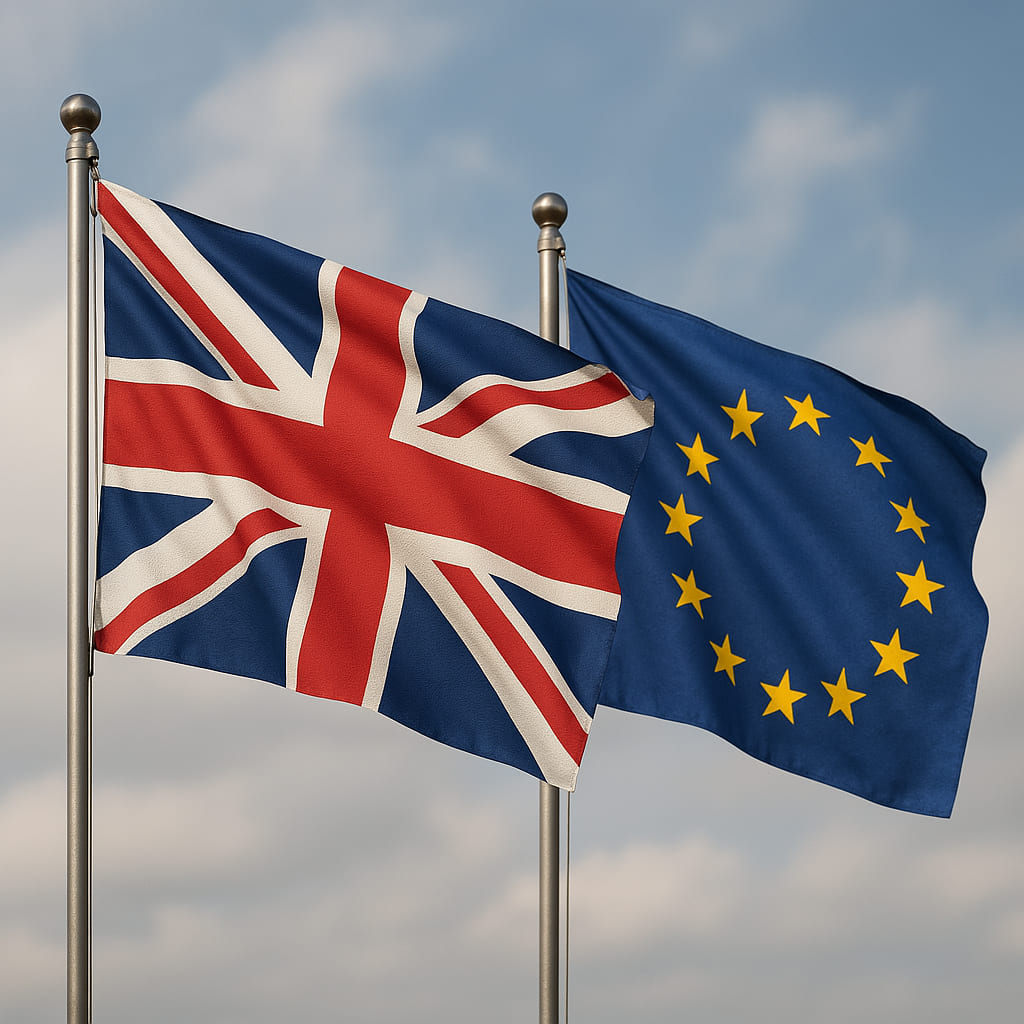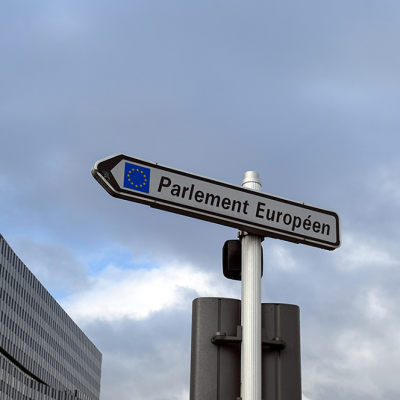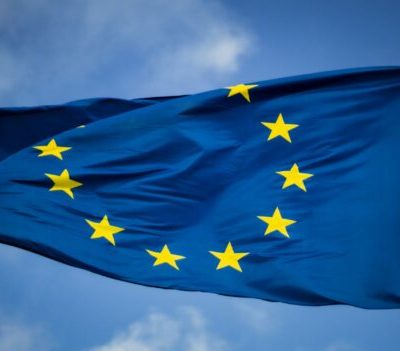[FR] The British Presidency: a focus on efficiency

When Notre Europe began work on this study, which is part of a now well-established cycle of reflection on the ambitions of successive presidencies, there was nothing to suggest that the British Presidency would be particularly eventful. The signals coming out of London pointed to a desire for pragmatism. Public mistrust seemed to rule out any major initiatives: most of the effort therefore appeared to be focused on issues where tangible results could be expected, such as the environment and development cooperation, drawing on one of Britain’s traditional strengths, the quality of its civil service.
A few months later, the outlook changed completely. After taking a bold gamble, Prime Minister Tony Blair succeeded where all his Labour predecessors had failed: he won a third term in office. The rejection of the draft Constitution by France and the Netherlands undermined a ‘constitutional’ process that the British government had only half-heartedly accepted, thereby removing the threat of a referendum that all the polls predicted would be extremely risky. With this rare political resource of time at his disposal, Tony Blair now has unexpected room for manoeuvre. At the same time, however, difficulties have been mounting. The situation in Iran and Iraq raises questions for the EU about the role it intends to play on the international stage.
The failure of the negotiations on the financial perspectives has shown how difficult it is for the 25 to agree on common ambitions and on the means to achieve them. The frustrations and concerns that came to light during the referendum campaigns call for reflection and a response, as does the question of the Union’s borders, which will be on the agenda with the opening of negotiations with Turkey. Clearly, the coming six months cannot be simply “business as usual”.
One of the merits of the authors of this study is that they have been quick to respond to the radical change in the context in which the British Presidency is taking place. Returning to their work, they provide us with several keys to better understanding the challenges of a period that promises to be full of uncertainty. They rightly point out that a machine as complex as the EU cannot change course overnight. However, it will have to face unexpected challenges. How London chooses to respond could well determine its place in Europe and even the future of the EU.




